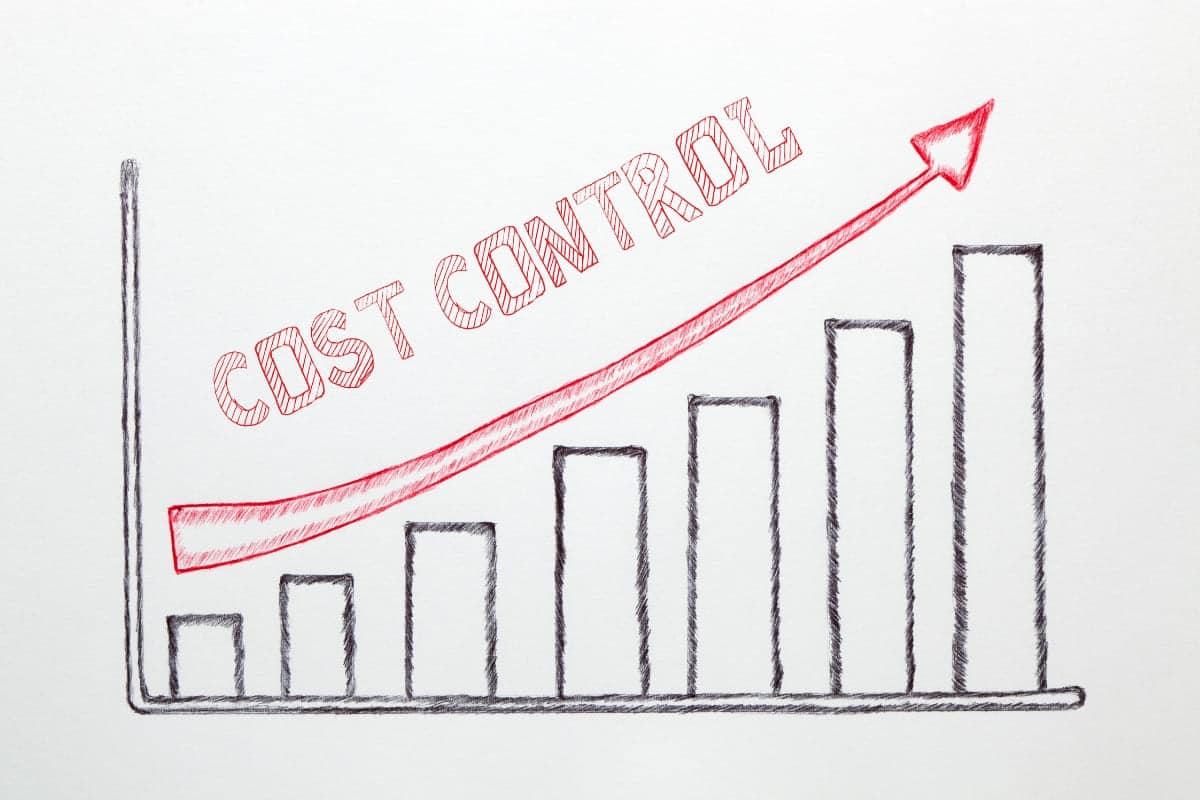Cost Control
Cost control is a critical aspect of financial management that empowers businesses to optimize spending, improve profitability, and achieve long-term financial stability. This comprehensive guide will explore the world of cost control, its significance, strategies, and how it can help your organization thrive.
What is Cost Control?
Cost control is managing and regulating expenses within an organization to ensure they align with budgeted limits and strategic objectives. It involves monitoring, analyzing, and reducing costs while maintaining or improving the quality of products or services.
The Significance of Cost Control
-
Enhanced Profitability: Effective cost control directly impacts profitability by increasing the margin between revenue and expenses.
-
Sustainability: Controlling costs is essential for the long-term sustainability of a business, helping it weather economic fluctuations and market uncertainties.
-
Competitive Advantage: Cost-efficient operations allow businesses to offer competitive pricing, making them more attractive to customers.
-
Resource Allocation: By controlling costs, organizations can allocate resources strategically to invest in growth and innovation.
Strategies for Cost Control
-
Budgeting: Develop a comprehensive budget that outlines expected revenues and expenses. Regularly review and adjust the budget as needed.
-
Expense Tracking: Monitor all expenses, both fixed and variable, and identify areas where reductions are possible.
-
Vendor Negotiations: Negotiate with suppliers for better terms, discounts, or bulk purchase savings.
-
Streamlined Processes: Identify and eliminate inefficiencies in workflows and processes that lead to wasted time and resources.
-
Technology Integration: Invest in technology and software solutions that automate tasks and reduce operational costs.
-
Resource Allocation: Prioritize resource allocation based on strategic goals, ensuring that funds are allocated where they can yield the most significant return on investment.
-
Employee Training: Train employees to be cost-conscious and encourage them to suggest cost-saving ideas.
-
Regular Audits: Conduct internal audits to identify areas of cost leakage or financial mismanagement.
Cost Control in Different Sectors
-
Manufacturing: Manufacturers focus on reducing production costs, optimizing supply chain operations, and minimizing waste.
-
Retail: Retailers use cost control to manage inventory, labor, and operational costs to maintain competitive pricing.
-
Healthcare: In healthcare, cost control measures include optimizing resource utilization, negotiating with insurers, and managing administrative expenses.
-
Construction: Construction companies control costs by managing labor, materials, equipment, and project timelines efficiently.
The Role of Cost Control in Small Businesses
Small businesses often face resource constraints, making cost control crucial for survival and growth. Implementing cost-effective strategies can help small businesses remain competitive and achieve sustainability.
Conclusion: Achieving Financial Excellence
Cost control is a fundamental practice for businesses and organizations of all sizes and sectors. It enables effective financial management, enhances profitability, and positions businesses for long-term success. By implementing cost-control strategies and fostering a cost-conscious culture, businesses can achieve financial excellence, adapt to changing economic conditions, and thrive in a competitive marketplace.
อ่านบทความทั้งหมด >>> Accounting Office
Accounting service Tel.084-343-8968 (POND)



